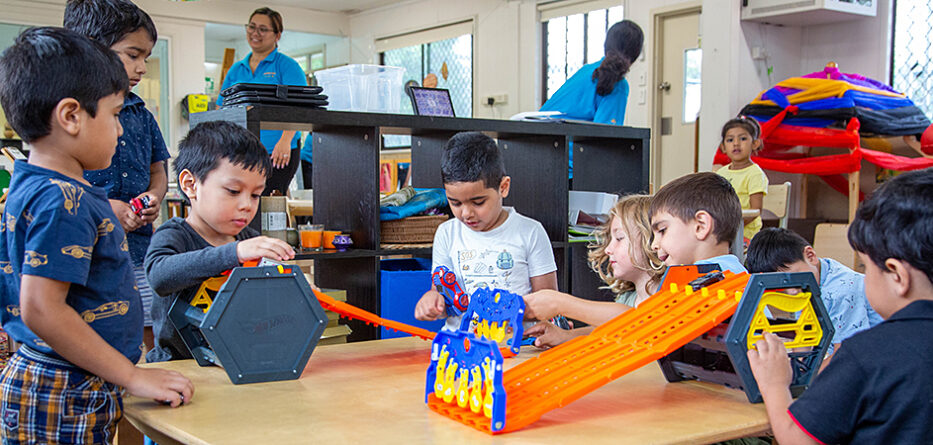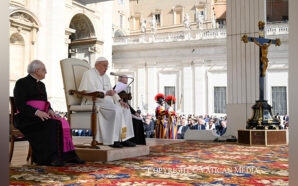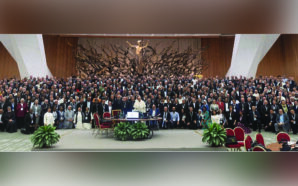When Jesus said, “let the children come to me”, the reason was clear – “to such belongs the kingdom of Heaven” (Luke 18:16). As adults, we have a lot to learn from children – their pure faith, trust, innocence, vulnerability, desire to grow and constantly learn.
Properly listening to children is difficult. Yes, we can all hear them babbling, screaming or asking for the basic necessities, but sitting down and hearing what they are actually saying – both verbally and non-verbally is a skill unto itself.
Donna Harding, the Director of Ambrose Mary Queen of the Family Catholic Early Learning Centre in Blacktown South, has over 25 years’ experience in caring for and educating children from 0 – 6 years old. Every day, she is learning from children by listening to what they are saying, but more importantly ‘listening’ to what they are doing
“The most important thing is listening to children’s voices,” says Donna. “If you actually take the time to do this, they have quite a lot to say. They will talk about their likes, what worries them, and what they are learning.
“At Ambrose, we respond to those questions or comments by providing toys and ways of exploring to build confidence and extend their learning.”
Donna explains how children can be very articulate and verbal, or alternatively, some are yet to develop language skills or are quite shy. So, says Donna, the importance of watching how they play or interact is paramount. She talks about an example at Ambrose.
“Children were bringing toy Matchbox cars from home. We took a moment to reflect and think why, as there are so many toys here. But we realised, the one thing that we didn’t have was those little Matchbox cars.
“Although the children didn’t say anything, they were showing us through their play and interactions that this was an area they really wanted to explore. Now we have those resources, and they are exploring motion, building their social relationships and interacting with each other through play.”
When children do talk, says Donna, they can be quite honest, even brutal! Don’t be surprised if they talk about your age, your looks, or anything else adults might keep to themselves!
But, explains Donna, their vulnerability and sincerity are quite palpable.
“When children are new to preschool, there will always be those who are unsettled in the morning. A little girl who returned from last year said to her educator: ‘Oh, I don’t know if I feel very happy today.’
“The educators got down to her level to ask: ‘Is it because our new friends are a little bit upset?’ She replied ‘yes’. So, they all sat together in a sensory area to have small, incidental conversations such as, ‘look at that bird flying across the sky’. This made the children feel more secure and settled and built trust.
“That is ultimately what we want for children first and foremost, because then we will see their learning and development flourish.”
So how can we all learn to listen to children properly?
“Give them freedom to explore,” advises Donna.
“Treat them as capable citizens. Then listen to what they say, watch how they play, ask their parents and educators about them, and observe their interactions and interests.”
Ambrose operates 55 early learning and out-of-school hours care services across the Diocese of Parramatta. Ambrose is a social enterprise of Community Ventures, the recently launched trading name for the agency Catholic Diocese of Parramatta Services Limited.
Find out more about Ambrose at ambrose.org.au
This article was originally published in the 2023 Lent and Easter | Autumn edition of the Catholic Outlook Magazine. You can pick up your copy of the magazine in parishes and offices across the Diocese of Parramatta now or you can read the digital version here.








